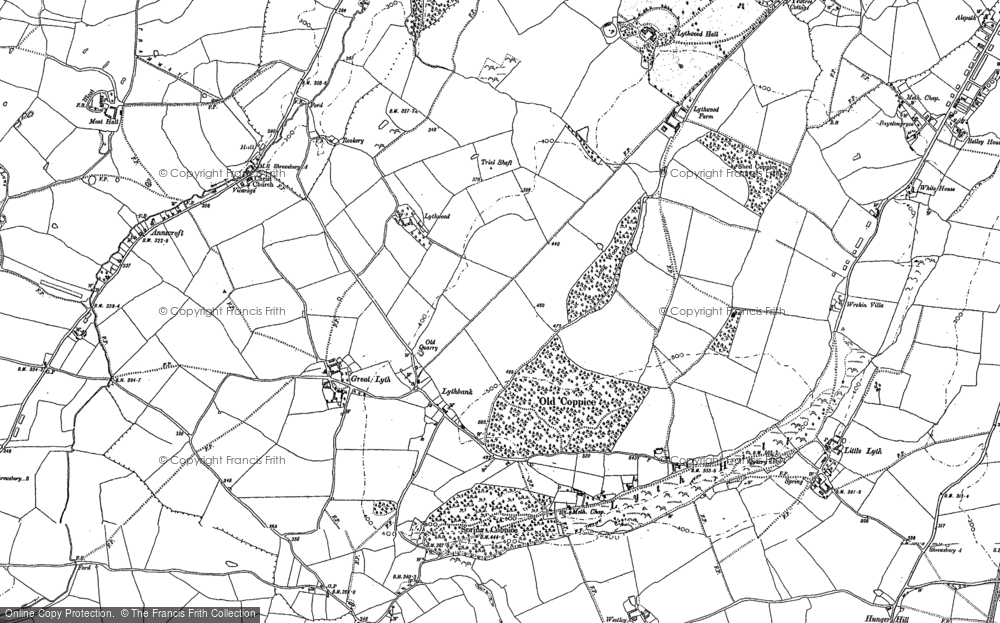
With Amtico style flooring, two gas central heating radiators and double-glazed French again doors leading to the side garden. The living room has fitted carpets, an inglenook fireplace with working open fire, a double-glazed window to the front elevation and to the rear there are double-glazed French doors onto the side garden and a gas central heating radiator. The main hallway has fitted carpets, has a gas central heating radiator and access to under stair's storage. The storm porch has fitted carpets, a double-glazed window to the side elevation, inset spotlights and a door leading to the main hallway.

Image: Thomas Hardy by William Strang, 1893, public domain.The property is entered through the front door and into the storm porch. He is the author of, among others, The Secret Library: A Book-Lovers’ Journey Through Curiosities of History and The Great War, The Waste Land and the Modernist Long Poem. The author of this article, Dr Oliver Tearle, is a literary critic and lecturer in English at Loughborough University.

We’ve also picked the best Thomas Hardy novels here. We also have more classic poems about birds, and we’ve compiled some of Hardy’s best poems here. It contains all of Hardy’s poetry for a very reasonable price. The best affordable edition of Thomas Hardy’s complete poems is The Collected Poems of Thomas Hardy (Wordsworth Poetry Library).

Unlike the thrush’s carolings, Hardy’s poem does not sound an unconditionally positive note. This ambivalence is partly what helps to make ‘The Darkling Thrush’ not only a great Thomas Hardy poem to read, but also a great piece of poetry to analyse. The poem ends on an ambiguous note: is the speaker inspired by the ‘blessed Hope’ of the thrush’s song, or does he continue to lack optimism for the future? He is ‘unaware’ of the thrush’s reasons for being cheerful, but he seems to believe that such a cause for hope exists somewhere, and he simply hasn’t discovered (or rediscovered) it yet. That I could think there trembled through

The word ‘illimited’ is typical Hardy: not ‘unlimited’ (suggesting excess) but ‘ illimited’, describing a joy that is unaffected by knowledge of such things as the end of the year or the end of the century, the very limits or endings which prey upon the speaker’s mind. The fact that the thrush, despite being ‘aged’ and ‘small’, can still sing a song filled with ‘joy illimited’ is contrasted with the speaker’s lack of hope and joy (if we take the speaker of the poem to be Hardy himself, he, too, is aged: Hardy was sixty in 1900). Thomas Hardy lost his own faith in Christianity early in life, partly as a result of his reading of Auguste Comte and Charles Darwin (whose On the Origin of Species Hardy had read as a young man), though he retained a fondness for the trappings of Christianity, such as church architecture and the language of the King James Bible. The century is dying (‘crypt’, ‘death-lament’) because it is at its end, but also because something has died as a result of the events of that century: religious faith. A thrush appears, and sings so joyfully that the speaker is convinced that the bird knows something he does not – that the thrush singing in the twilight knows of brighter days to come. In summary, then: the poem’s speaker leans upon a woodland gate and views the land around him as a symbol of the events of the nineteenth century, the ‘Century’s corpse outleant’ the speaker is made a part of the scene, not just a detached observer, as ‘outleant’ echoes the speaker’s own action at the start of the poem (‘I leant upon a coppice gate’).


 0 kommentar(er)
0 kommentar(er)
